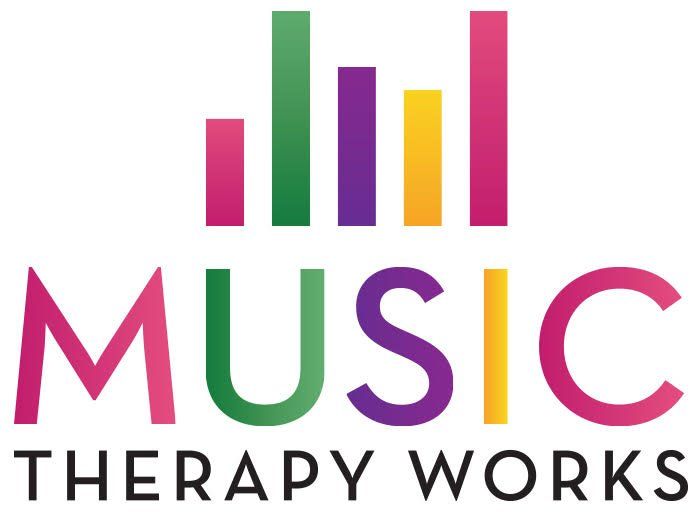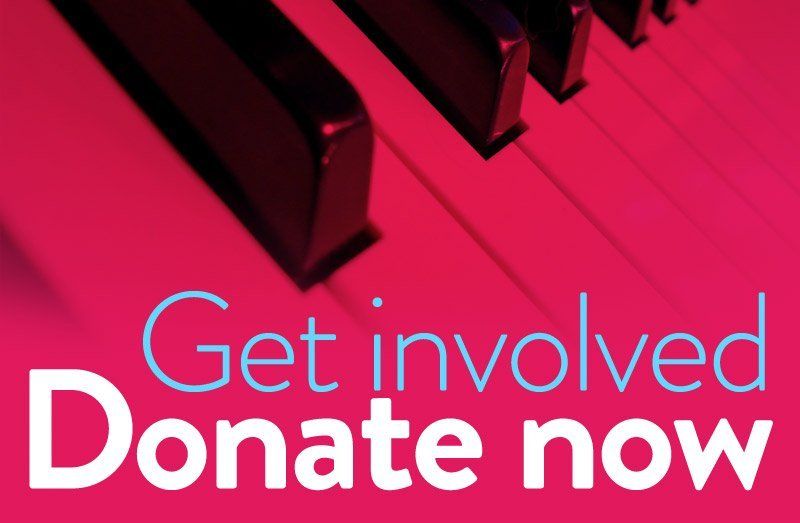
Intersectionality and cultural competence
Through the use of music, music therapists can address the emotional, cognitive, physical, and social needs of individuals.
No matter their background, culture, or experiences, our music therapists are dedicated to providing inclusive and culturally sensitive care to all our clients. The idea of intersectionality is a crucial component of this commitment.
The term "intersectionality" describes the interdependence of several facets of a person's identity, such as race, gender, sexual orientation, socioeconomic background, and ability. Each person has a different experience of privilege and prejudice due to the intersection and overlap of these identities. Intersectionality is crucial in music therapy because it acknowledges that clients' experiences of privilege and oppression are intertwined rather than separate.
In order to offer the most effective and inclusive care, Music Therapy Works strives to understand and address the intersectionality of our clients' experiences. This is accomplished by giving music therapists training and resources on cultural competency and how to deliver culturally sensitive care. Additionally, it entails actively seeking out and hiring a diverse workforce and fostering a welcoming environment for all clients.
Music therapists must also be conscious of their own intersectionality and how it could affect their work. Understanding one's own privilege and oppression is crucial for music therapists since it can affect how they see and interact with their patients.
By providing inclusive and culturally-responsive care to all clients, Music Therapy Works and its clinicians are committed to improving, understanding and addressing the intersectionality needs of our clients.



